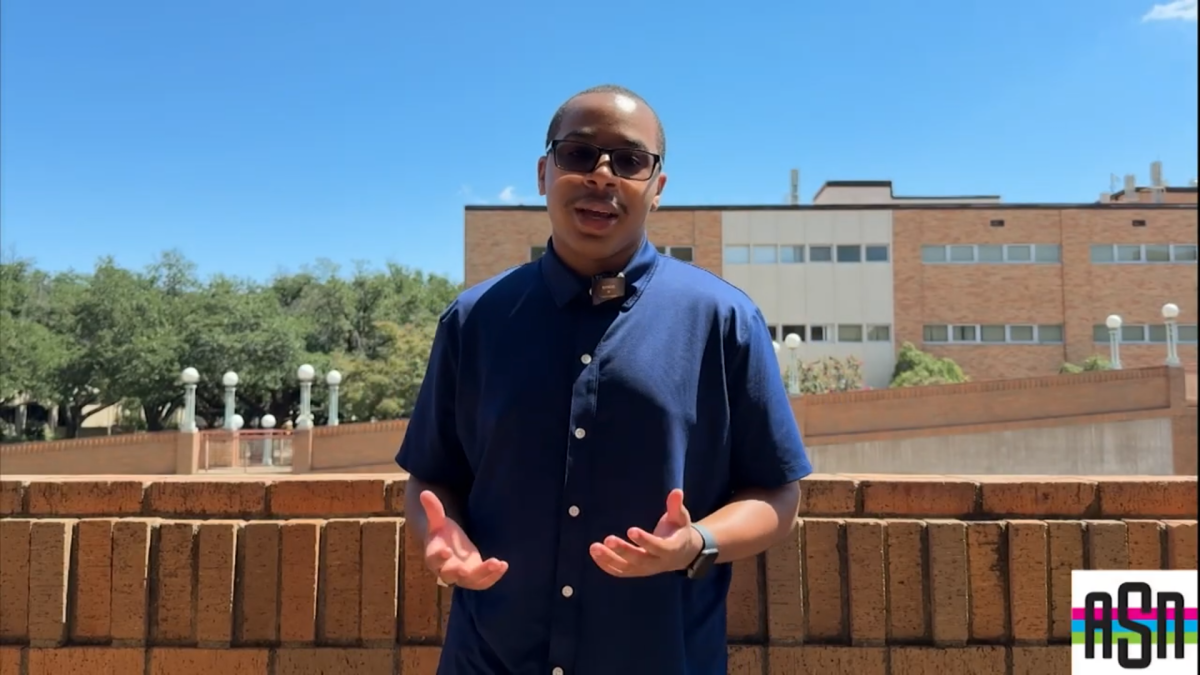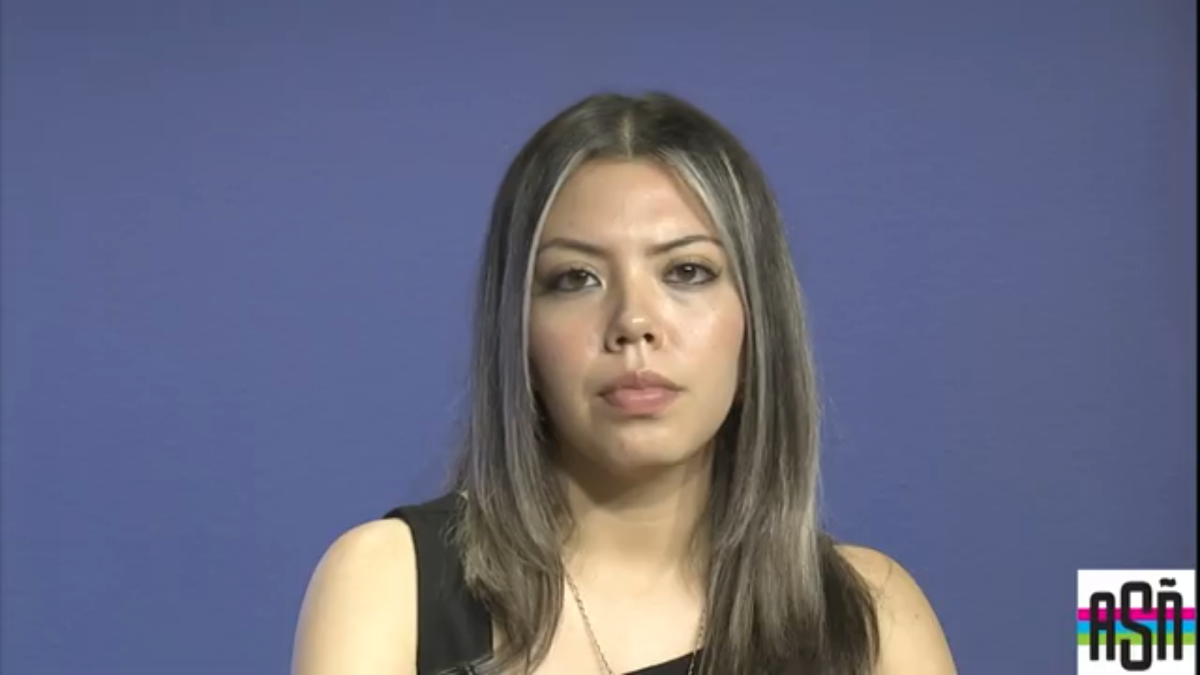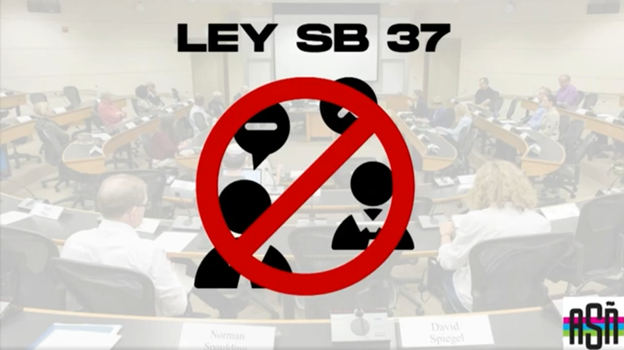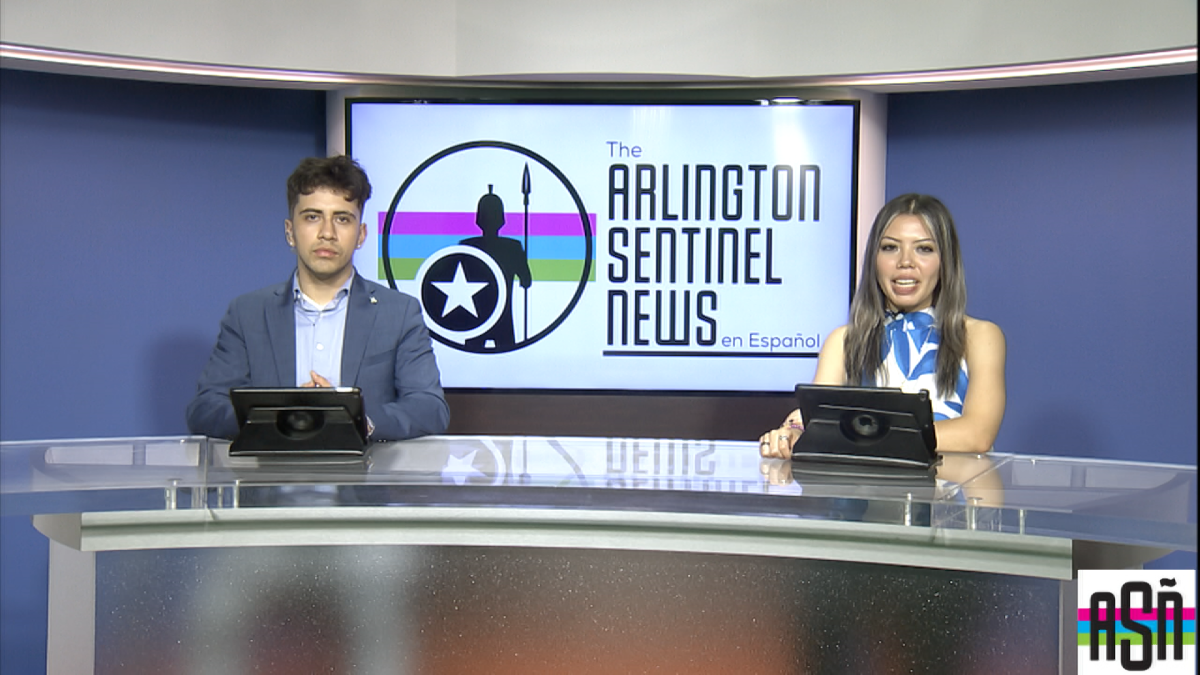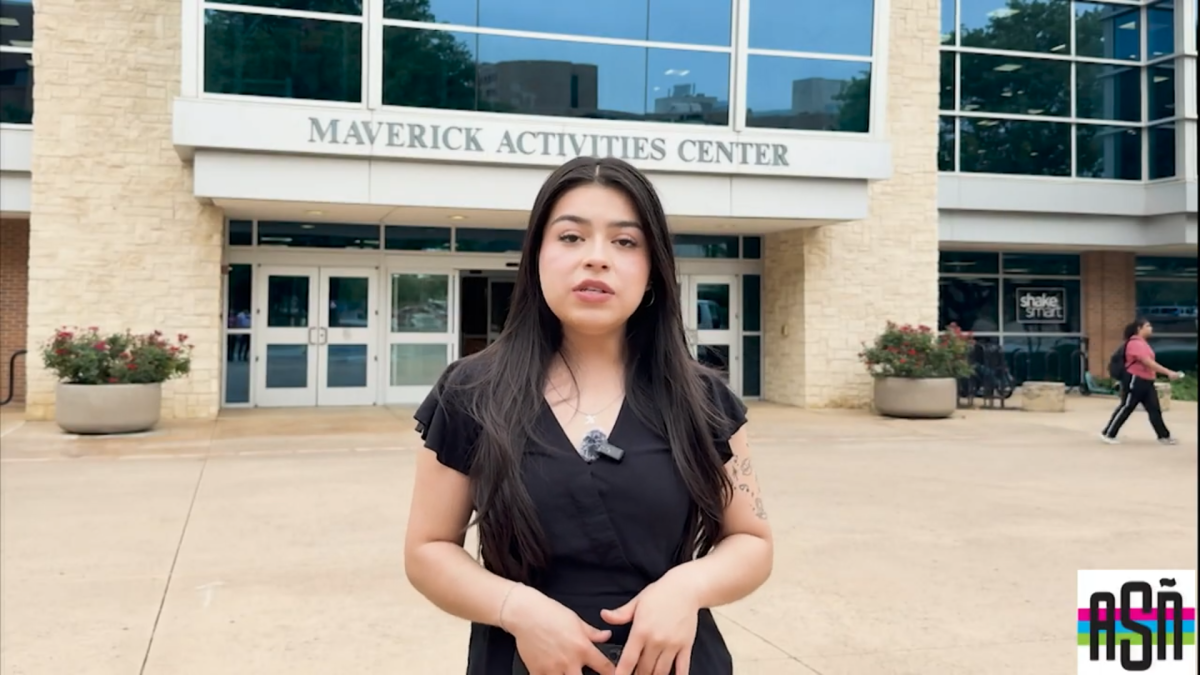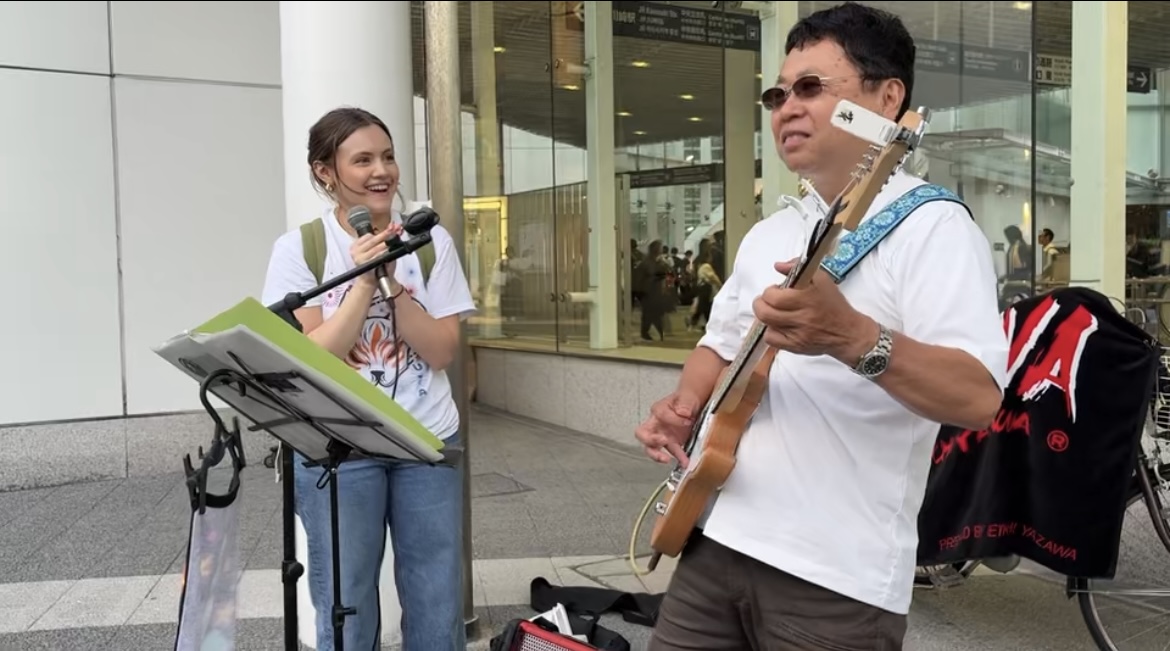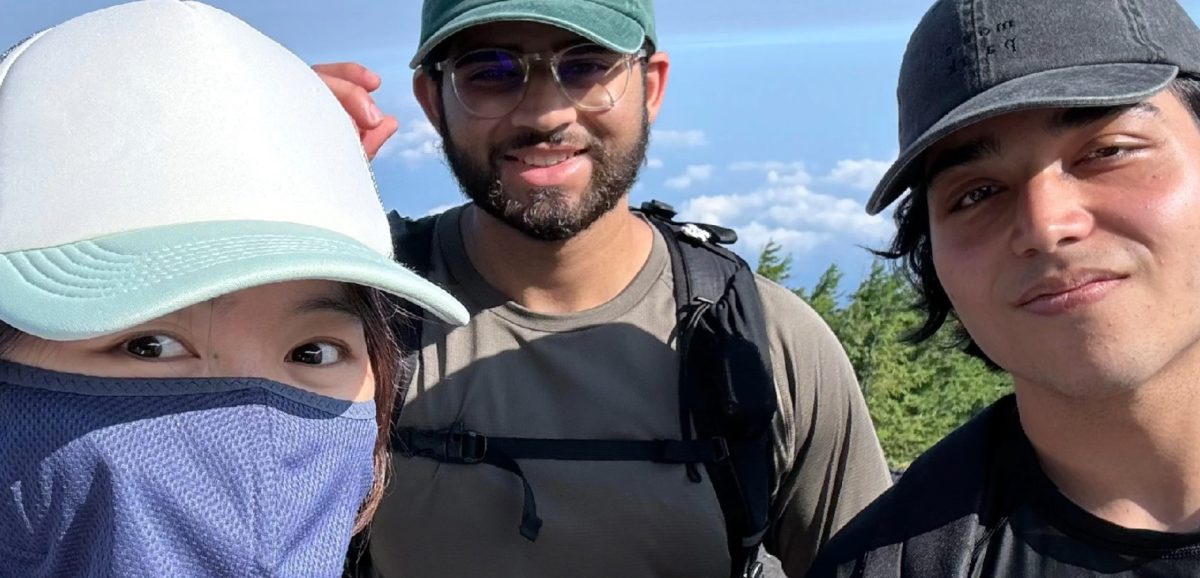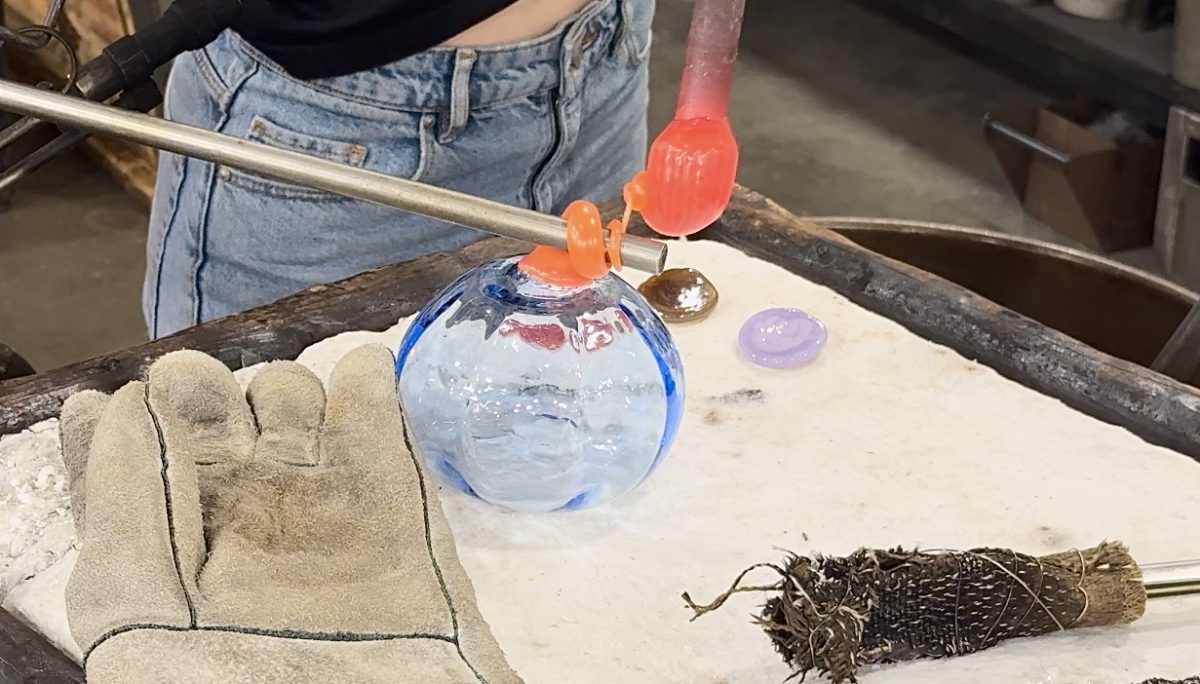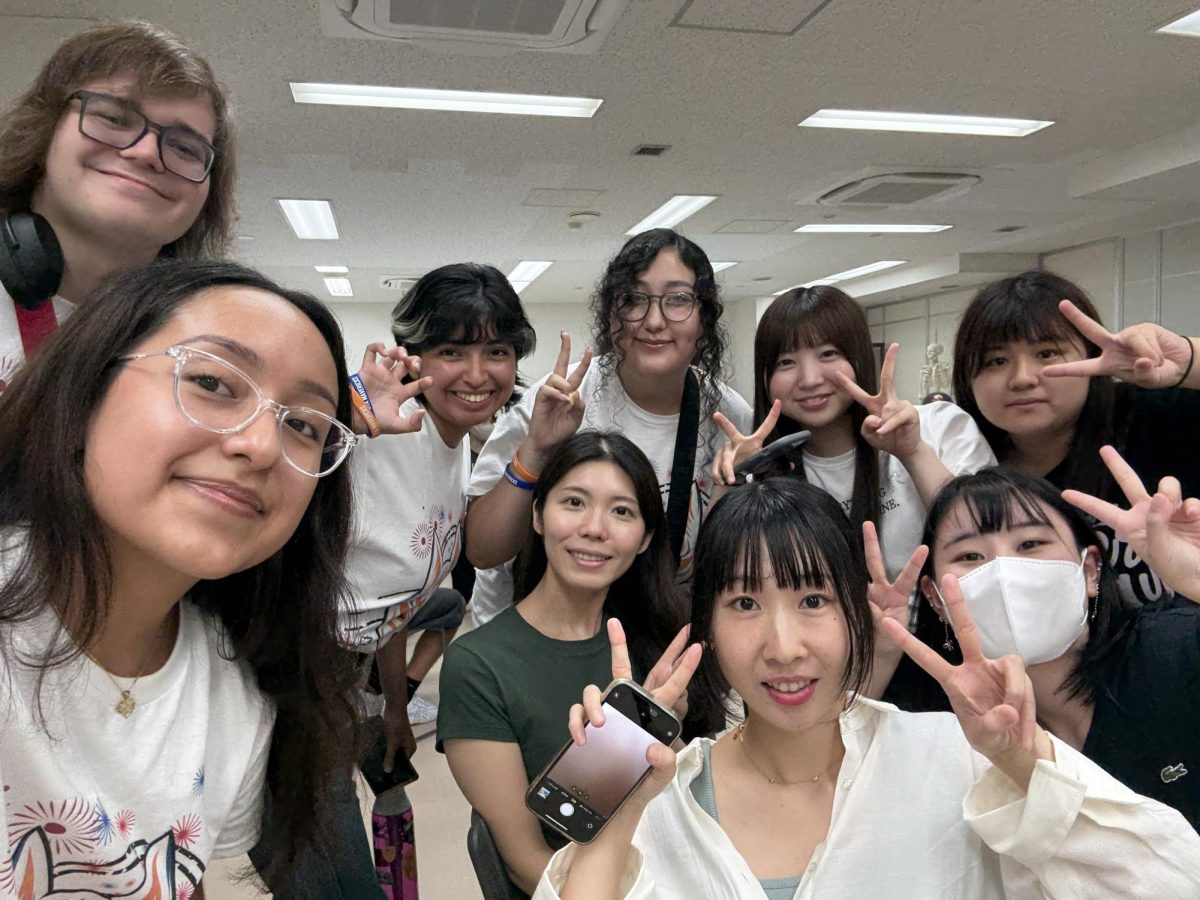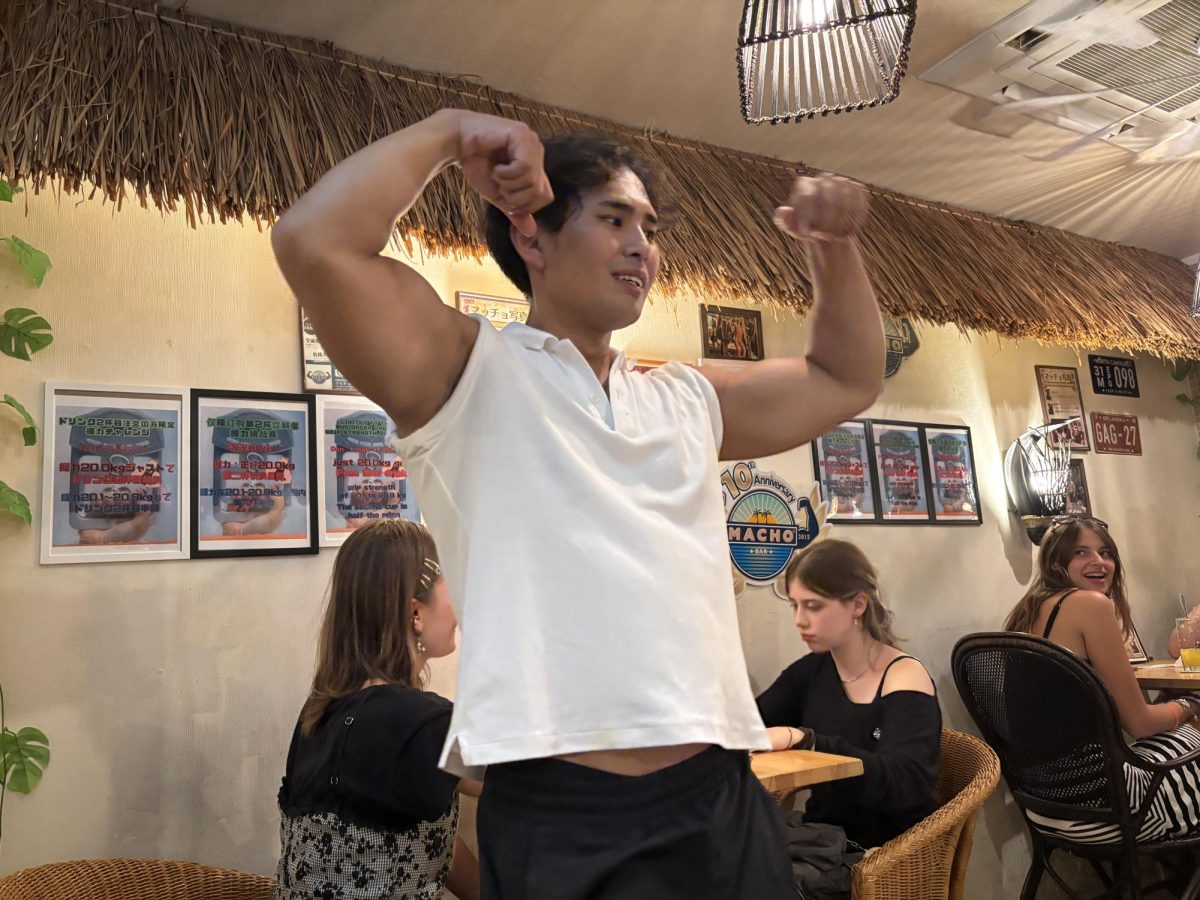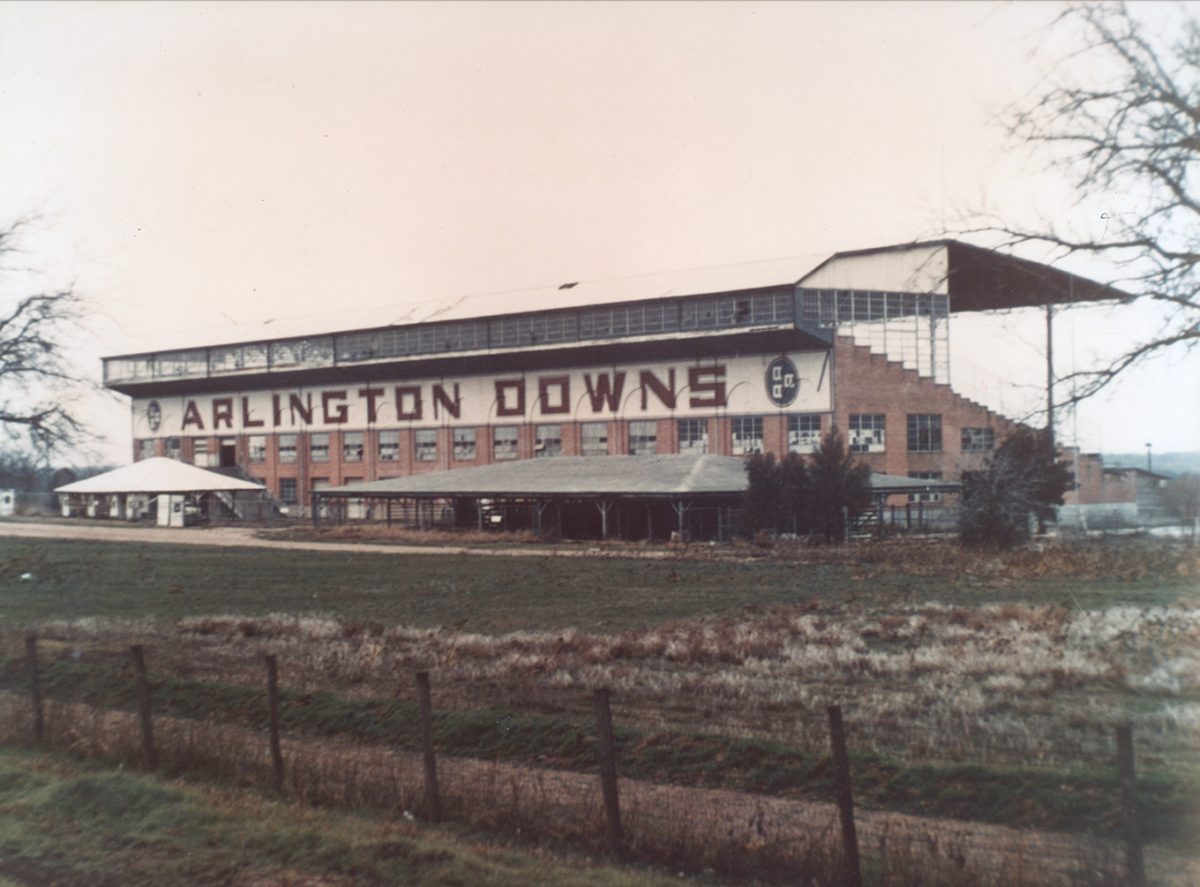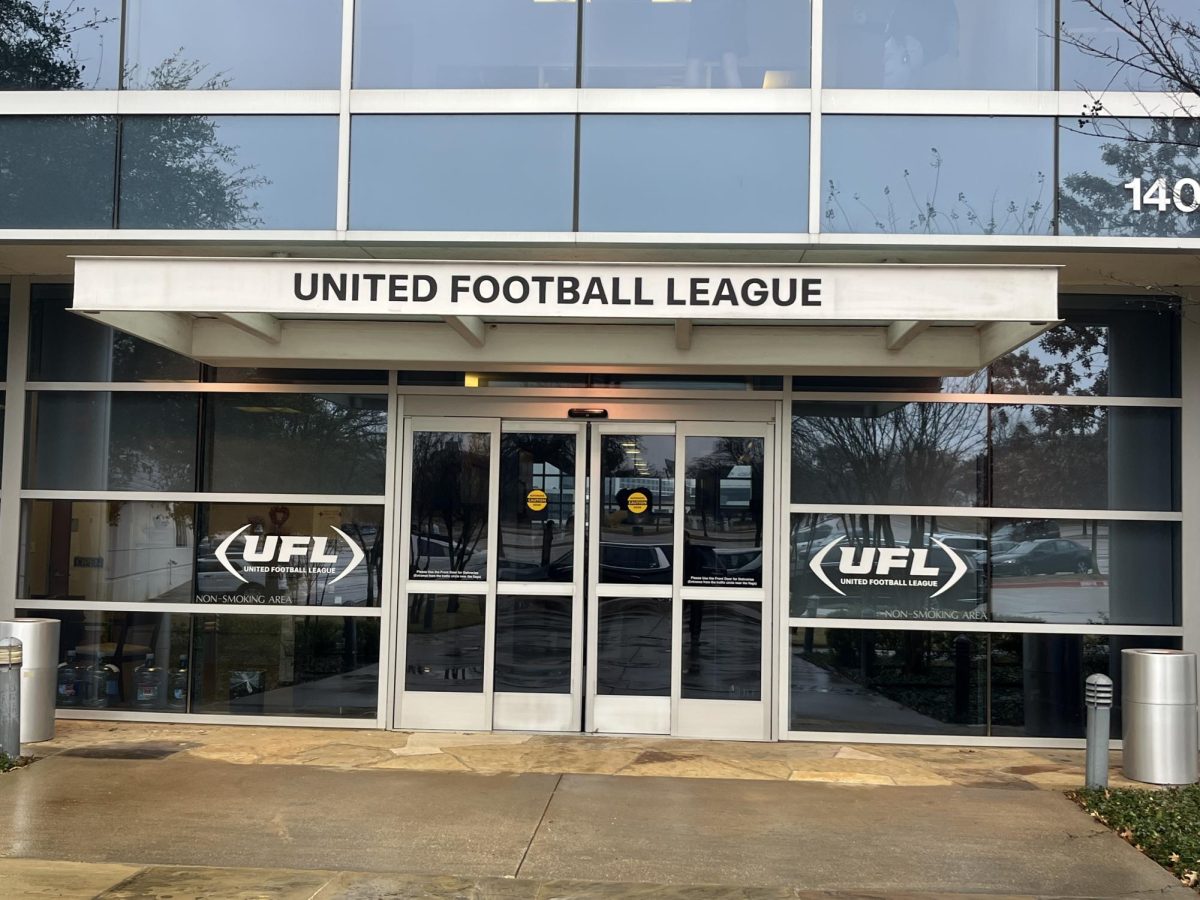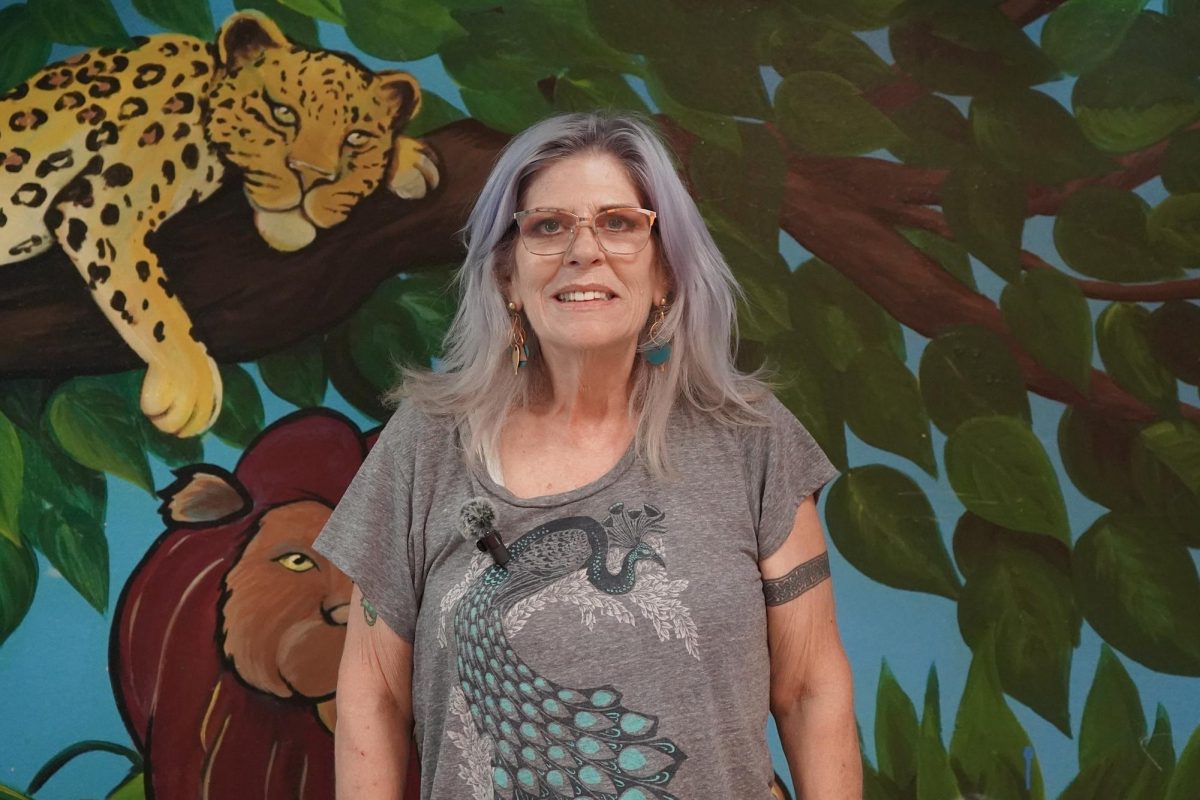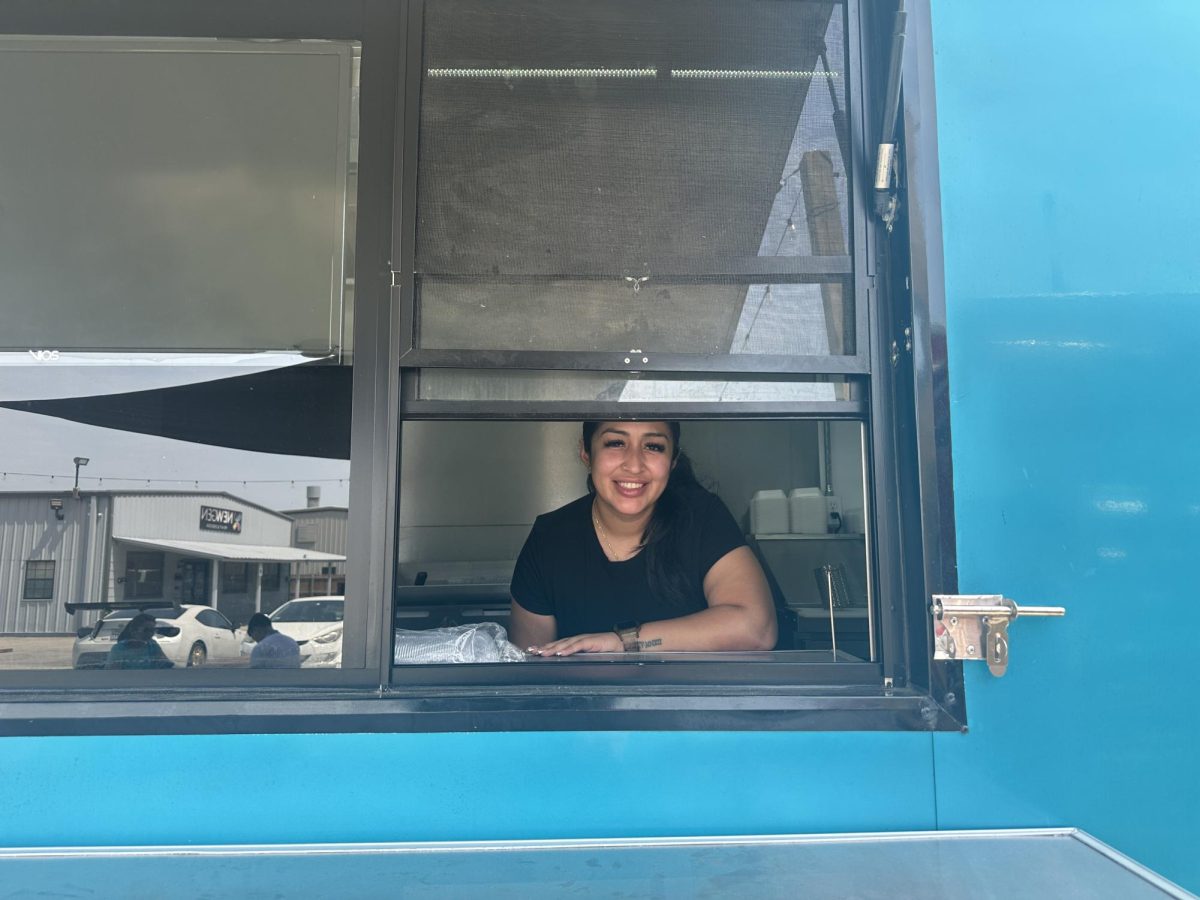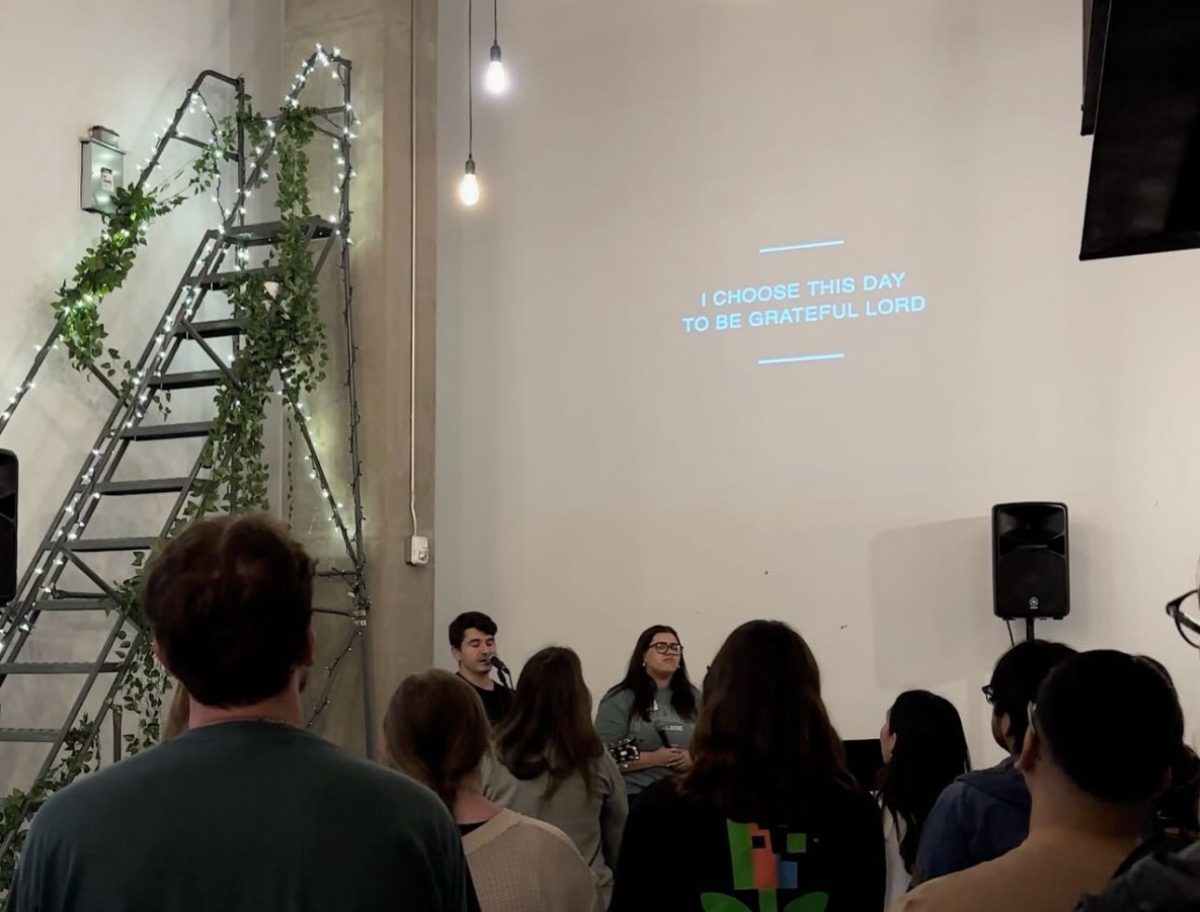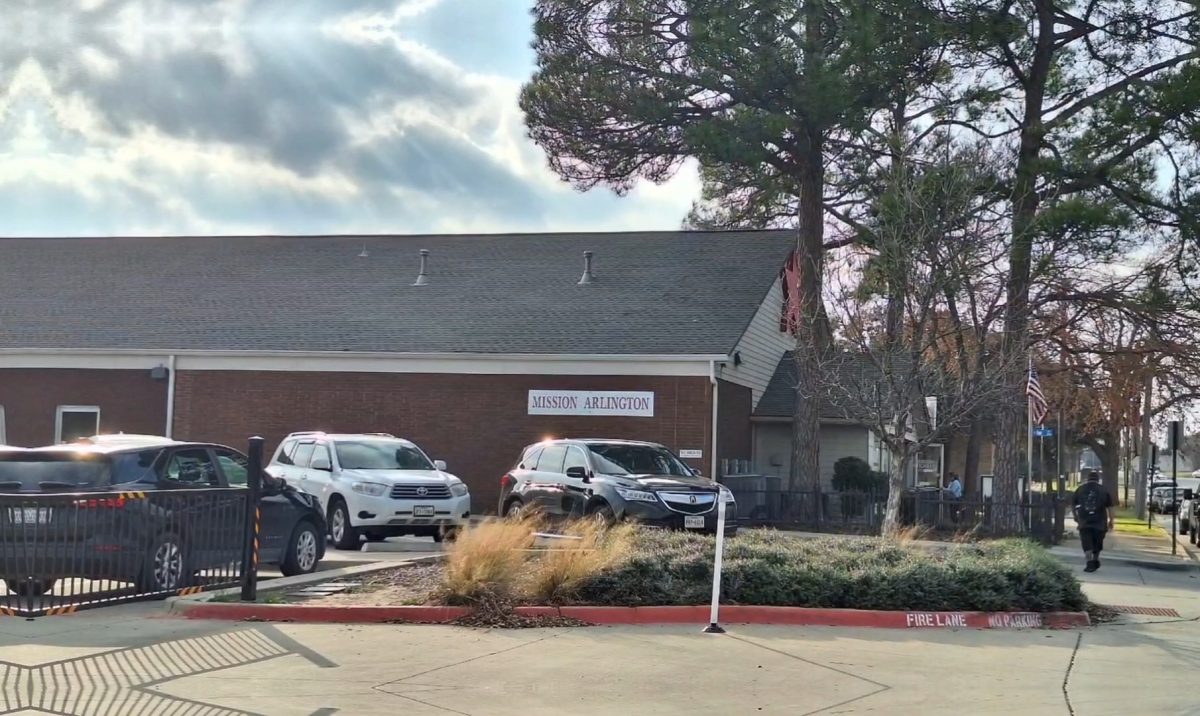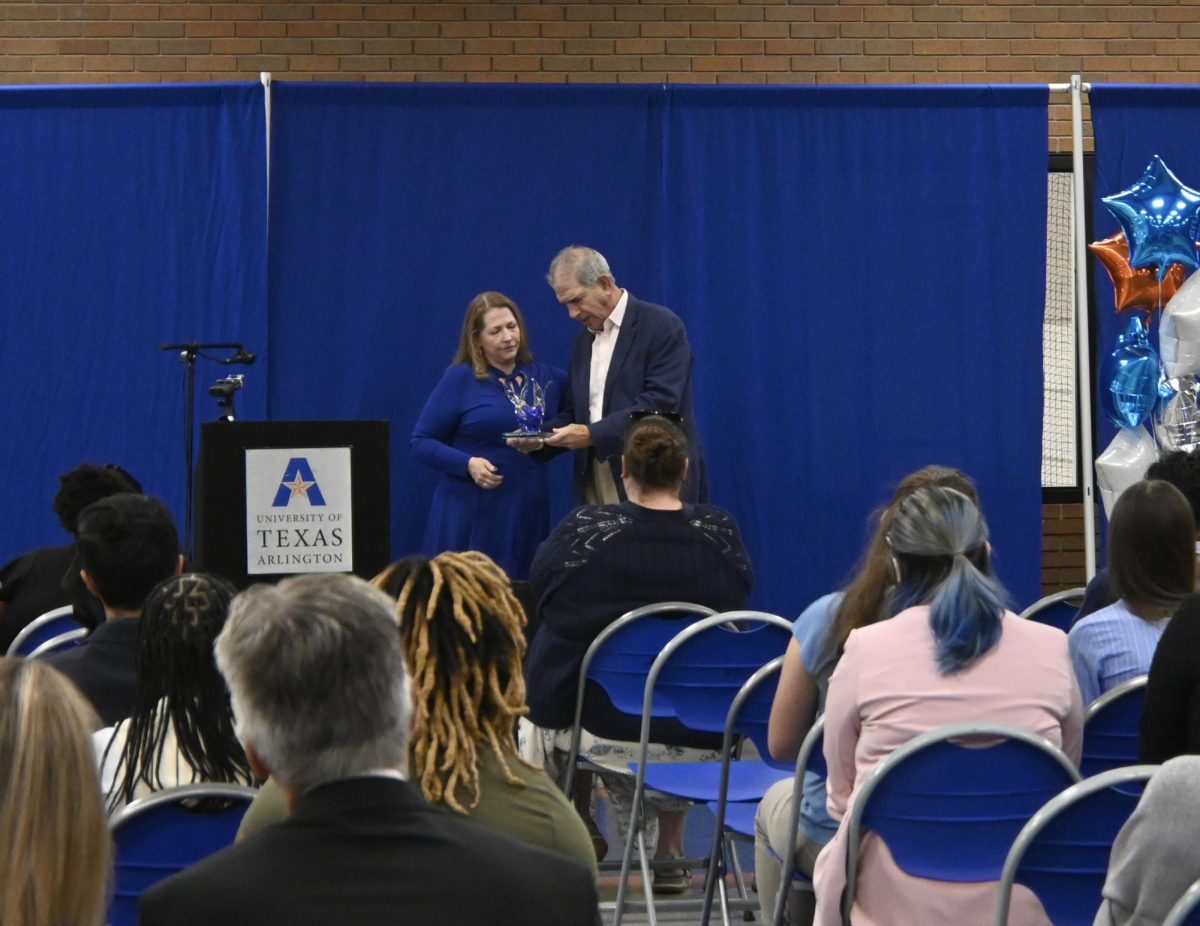To have a version of this story read to you, please click here.
ARLINGTON, Texas — Several years after his tenure as president of the University of Texas at Arlington came to a close with his retirement, James D. Spaniolo returned to his beloved campus to receive an award for excellence in communication, a testament to his enduring legacy not only on his home campus but also to the Arlington community as a whole.
Adjourning to a cramped conference room after receiving his award, Spaniolo—who led UTA as president from 2004 to 2013—took time to press the flesh and lend his experienced perspective to a younger audience of aspiring and junior journalists on the state of Arlington in its growth as well as the state of modern journalistic media.
“I know you have a job to do, and your job is not to promote me or my employer, but we can work together because we respect each other,” Spaniolo said in reference to his relationship with the media during his presidency.
He went on to explain how, in his formative years, his father was a journalist who ran several small weekly newspapers that gave him the opportunity to see the journalistic process up close and in an intimate way.
He said that, at an early age, reading his father’s newspapers was the way he truly learned how to read and see the world. From this foundation, he moved on to a lengthy career as the in-house law counsel for the Miami Herald and later as dean of the College of Communication Arts and Sciences and professor of journalism at Michigan State University. This life path led to his long-standing belief that journalism has been and should be a unifying part of our country society and the pinnacle of culture.
“I saw it as that over the years up until about maybe 10 or 12 years ago, maybe a little longer,” Spaniolo said. “Our political system has gotten very polarized and divided, so we have a tendency, and I think this includes all of us, to only listen to watch and read things we agree with.”
He went on to tell how this method of media consumption is a disservice to everyone and that it is unhealthy in terms of trying to understand each other. He has written and spoken publicly at length over his careers on the societal importance of strong communication skills. He said he believes our collective ability to read and write effectively and to be understood by those we are communicating with is paramount to our cohesion politically, socially and culturally.
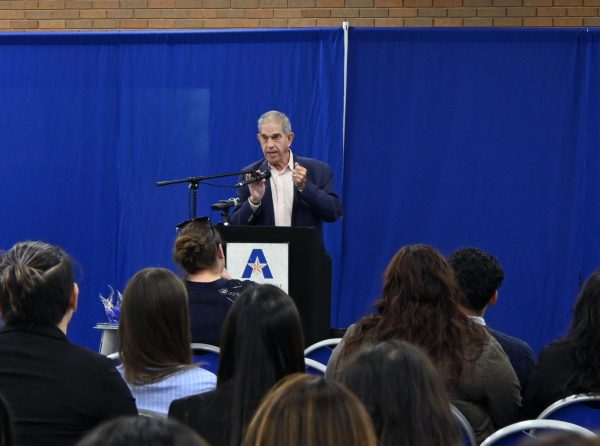
“It’s hurtful to me when I hear people criticize journalism as being biased or fake news or whatever. Journalism is imperfect by definition,” Spaniolo said.
He then explained that over his career, he has had the opportunity to work alongside many outstanding journalists. Through everything, he said he still believes that the best in journalism is the bedrock of democracy and of society.
Looking toward the future, Spaniolo said, “One of the things I am very excited about is the emergence of nonprofit digital local journalism.”
He furthered this by outlining that when he began his residency in Arlington 20 years ago, there were two robust newspapers engaged in covering the Arlington area—the Dallas Morning News and Fort Worth Star-Telegram launched Arlington Morning News and Arlington Star-Telegram editions, respectively.
With the decline of newspaper readership and the overall decline in the economic base of newspapers, there just is not the staff to support the news coverage of every area. He, as a personal subscriber of some of the digital publications covering Fort Worth and the surrounding areas, has been able to see the rise of coverage for Arlington.
To come full circle in his conversation with the next generation of journalists, Spaniolo spoke on UT Arlington’s student body and the school’s impact on the community at large.
“What would Arlington be if there were no UT Arlington? It would be a very different place. I would be a very different place economically culturally and civically,” Spaniolo said. “The beauty is that the city and university can work hand in hand to enhance the university and to enhance the city.”
Spaniolo went on to sing the praises of students past and present who have come through UT Arlington. He mentioned that several potential employers, many of whom are UT Arlington alum, have asked him about the quality of student the university produces, to which he said, “We’ve got the best students. Let’s make sure they get opportunity to have the jobs you’re offering, and it really doesn’t take that much persuasion.”

